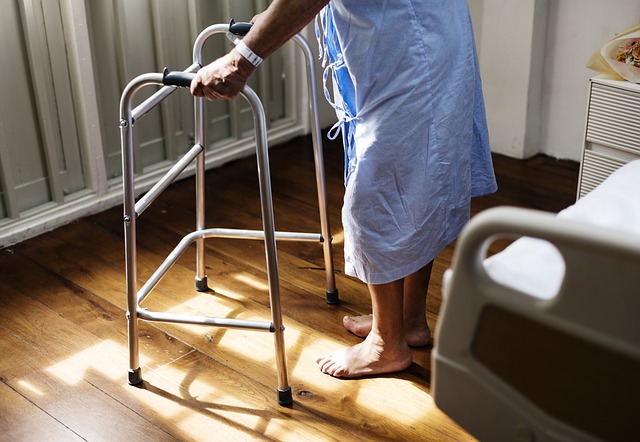
Life behind bars is no joke. Despite the many references made in movies to incarceration being like a ‘state-funded vacation package’, jail and prison are terrible places to be. The beds are uncomfortable, the food is bland at best (and rotten at worst!). And then there’s the issue of safety. Sexual assault and violence are commonplace, especially in places like Saginaw Correctional Facility and Michigan Reformatory in Ionia County. But making life in the penitentiary less awful has always been a rather controversial subject.
“Hard Time” doesn’t usually keep people from committing more crimes
Many people here in Michigan are of the mindset that if “you do the crime, you do the time.” And the more awful the ‘time’ is, the more likely you are to learn something from the experience. Statistics have already shown that traumatic events behind bars don’t deter people from reoffending (because if that was true, we wouldn’t have a recidivism rate of almost 30 percent!) There’s a fine line between recognizing the basic rights and humanity of people behind bars, while still making prisons and jails unpleasant enough to encourage not returning.
Michigan is working to recognize the basic human rights of prisoners
The issue of prison food was a huge problem for many years at the Michigan Department of Corrections. Stories of maggot infested potatoes and rotten meat were common. But since the state took back the food service contracts from private companies, the food behind bars has got noticeably better for Michigan’s inmates. However that’s not the only step we’ve made recently in recognizing the basic rights of prison inmates serving time. A recent change in our Michigan law now allows some medically frail inmates the chance to be helped in hospitals instead of jails and prisons.
How does this benefit the state and the people of Michigan?
Governor Gretchen Whitmer recently signed into a law a bill proposed by State Representative Beth Griffin. According to Griffin, the purpose of her bill was to ensure that certain medically frail inmates are transferred to hospitals where they can receive the proper care they need. This will also reduce the financial burden that caring for medically frail prisoners puts on the prison system, by having Federal insurance programs like Medicare cover those associated costs.
Not all prisoners are eligible for this particular treatment option.
Under the new law, the state now has the option to release seriously ill and incapacitated prisoners early, by having them treated at nursing homes or hospitals instead of behind bars. Those who are eligible (which includes only non-violent offenders) will remain under the Department of Corrections’ jurisdiction, but if they’re cared for in non-prison facilities, they can be paroled before their earliest release dates.
Your best bet is to avoid prison right from the start!
Although Michigan is making great strides towards recognizing some of the basic human rights of prisoners, being locked up is still rough. Any amount of time spent behind bars feels like too much time, and if we had any advice for our readers on the subject of going to jail or prison, it would be this – don’t go if you don’t have to! So how do you avoid a sentence? By making sure you have a highly skilled and aggressive criminal defense attorney with decades of experience and a track record of success. The Kronzek Firm has been nationally recognized for our work in Michigan. You can reach our criminal defense team at 866 766 5245, and make sure your team is fighting to give you the best chance of success!







